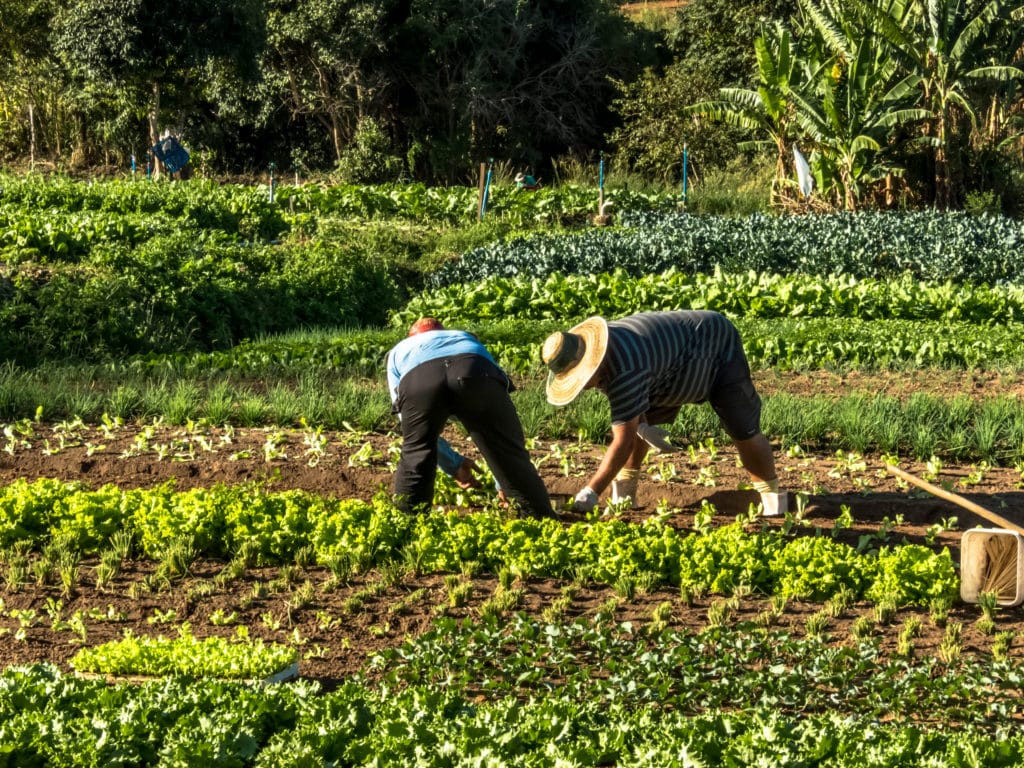The Legacy Crop Improvement Centre (LCIC), a private local seed company, is encouraging smallholder farmers in Ghana to transition to commercial agriculture to improve their livelihoods. The company, known for producing and promoting basic seeds, recently organized on-farm demonstrations in Onuku Besea, a thriving agricultural town in the Fanteakwa North District of the Eastern Region. These demonstrations showcased LCIC’s high-quality, locally adapted improved maize seed varieties, namely “Legacy 2” (white maize) and “Legacy 26” (yellow maize).
This event marked LCIC’s fourth maize variety show, aiming to illustrate the potential of their products to smallholder farmers and create awareness about their latest hybrid maize seeds. These improved maize seed varieties, labeled as “gamechangers” for Ghana and West Africa, have been highlighted by Dr. Amos Rutherford Azinu, the Founder and Chief Executive Officer of LCIC, for their remarkable qualities.
According to Dr. Azinu, both Legacy varieties have the capacity to yield between eight and nine tons per hectare, a significant improvement compared to previous varieties. These new seeds offer higher yields, resistance to diseases and pests, adaptability to climate change, enhanced nutrition, and an extended shelf life. Dr. Azinu emphasized that if farmers adopt these varieties and receive proper support services, it could revolutionize agriculture in Ghana, addressing food insecurity and substantially enhancing farmers’ incomes.
Dr. Azinu highlighted the shorter maturity period of the Legacy varieties, taking only 85 to 90 days, allowing farmers to have three productions in a single year with suitable training, thereby increasing output and reducing Ghana’s dependence on foreign nations for maize supply.
Addressing the issue of food shortages, Dr. Azinu stressed the need for Ghana to transition from small-holder farming to a commercial industry. He urged the government to invest significantly in this transition within the next five years, aiming to ensure a consistent supply of high-quality food for the nation.
Mr. Solomon Anani Attipoe, the Fanteakwa North District Director of Agriculture, expressed optimism about the potential of the new varieties to boost maize production in the district. He pointed out that most farmers grew low-yielding open varieties like ‘Obaatanpa’ and ‘Abontem,’ causing many to abandon maize cultivation due to losses. The introduction of these improved varieties is expected to revive maize production in the area.
One notable advantage of the Legacy maize varieties is their resistance to fall armyworm and their reduced fertilizer requirements compared to the varieties currently used by farmers. Mr. Adinkraba Apau, a veteran farmer, acknowledged the superior yields of the Legacy varieties compared to the traditional ‘Abontem.’ He praised LCIC for their highly improved maize seeds and encouraged fellow farmers to adopt these Legacy varieties to enhance productivity and contribute to resolving grain shortages.
LCIC, established in 2015 in Legacy Square, Otareso, Ghana, specializes in producing hybrid commercial seeds such as maize, cowpeas, and soybeans, aiming to revolutionize the agricultural landscape in Ghana and improve the lives of smallholder farmers.

